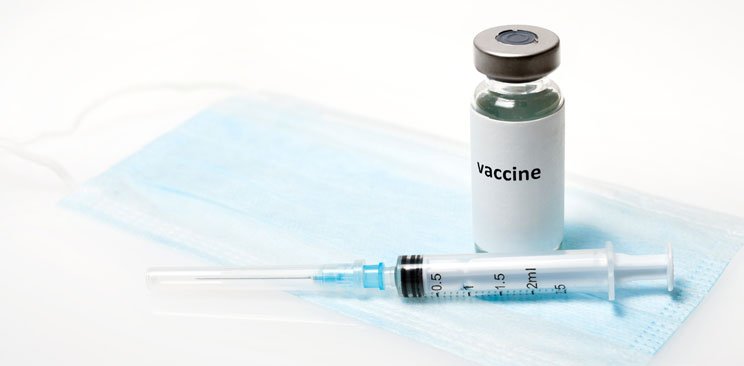The Victorian government is injecting $50 million to the manufacturing of mRNA vaccines, and research over two years as part of the 21/22 State budget.
Monash University’s experts will work with the Victorian Government, the University of Melbourne and research institutes including The Doherty Institute to establish and scale mRNA vaccine manufacturing in Victoria.
The Monash Institute of Pharmaceutical Sciences (MIPS), is currently ranked number two in the world, after Oxford, number one and before Harvard, number three.
In 2020 a team of Monash University researchers, led by Professor Colin Pouton, developed Australia’s first Covid-19 mRNA vaccine candidates and, in collaboration with The Doherty Institute, received Medical Research Future Fund (MRFF) funding to develop the vaccine. Further MRFF funding was granted to conduct a Phase 1 clinical trial.
Monash University Deputy Vice-Chancellor and Senior Vice-President (Enterprise and Governance), Professor Ken Sloan, said says the investment will harness the existing world-class capability of Monash and other Victorian partners to support significant, scaled domestic mRNA vaccine production.
“Monash University brings together mRNA specialists from the fields of biotechnology, infectious disease, immunity and cancer, at the leading edge of a new era in novel mRNA therapeutics,” he says.
Professor Pouton has been advocating for Australia to have its own platform for a quick response to emerging viruses, and says that mRNA vaccination is the fastest way to go.
“We are very keen to push ahead with the second generation Covid-19 vaccine we are working on, and looking to the future, we’re collaborating with a number of researchers who are interested in how the mRNA platform could be used for other medical applications,” says Professor Pouton.
“This funding presents an opportunity for Monash University to help build an Australian mRNA ecosystem and a range of new therapeutic products.”
Experts from Monash University’s Biomedicine Discovery Institute will also work on the project, including mRNA specialists from the fields of biotechnology, infectious disease, immunity and cancer.
The investment follows the success of the mRNA vaccines from Pfizer/BioNTech and Moderna, which have been proven to be highly effective.
The proven scalability and comparative low-cost vaccine manufacturing potential of mRNA vaccines and nanomedicines secures them as the critical technology platform for vaccines and medicines of the future.
Increasingly, mRNA nanomedicine can also be used in the treatment of cancer, rare diseases, cellular engineering and protein-replacement therapy, so this investment will help accelerate mRNA projects and develop new treatments to save lives.








